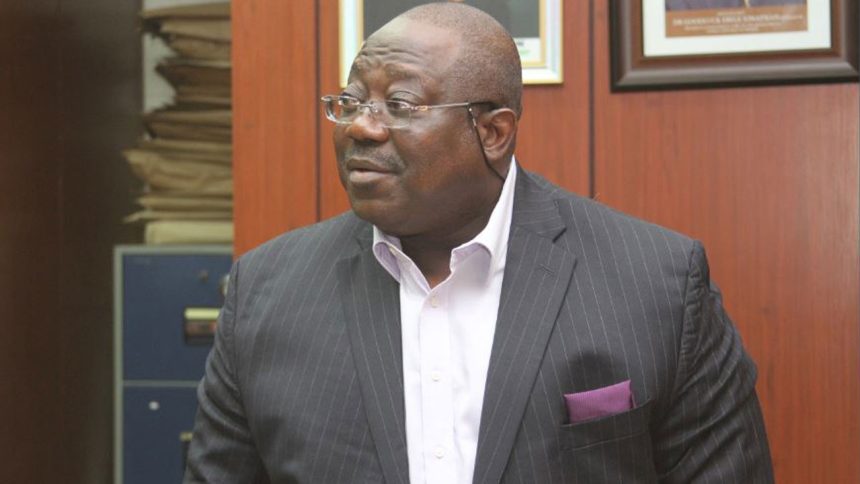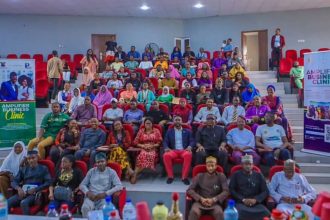The Chairman of the Federal Civil Service Commission, Prof Tunji Olaopa, has supported the Head of the Civil Service of the Federation, Didi Walson-Jack, on her disagreement with the President of Nigeria Labour Congress, Joe Ajaero, over civil servants’ neutrality in politics.
Walson-Jack had stated at a quarterly Stakeholders and Citizens Engagement session that there was a need to safeguard the political neutrality of civil servants in accordance with their responsibilities to any government of the day.
She argued that civil servants had the constitutional right to privately support political parties without engaging in high-stakes political activities.
Ajaero, however, maintained that both the 1999 Constitution and the 2003 Supreme Court ruling in INEC v Musa and Others allow civil servants to participate fully in politics, including being card-carrying party members.
Commenting on the matter, Olaopa noted that both the HCSF and Ajaero referred to Section 40 of the Constitution, which grants citizens the right to associate, form or belong to political parties and trade unions.
He added that the Public Service Rules defined partisan political activity as serious misconduct that can lead to dismissal.
Olaopa explained that the Supreme Court ruling did not fully address administrative realities, emphasising that civil servants’ neutrality was crucial for professional conduct and effective policy implementation.
The FCSC also highlighted the politics-administration distinction, where politicians formulate policies and civil servants implement them.
He further referred to the Awolowo-Adebo administrative model and Nigeria’s adoption of the British civil service system, noting that civil servants were trained to serve governments impartially while special advisers provide political guidance.
Olaopa stated that reforms during the Babangida administration, including Decree 43, politicized positions in the civil service, affecting its professionalization.









